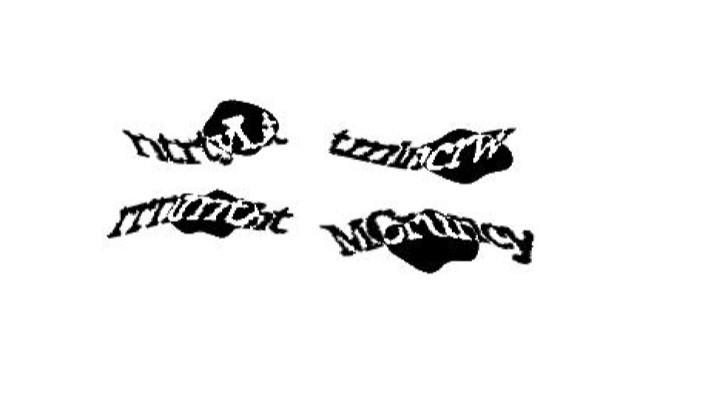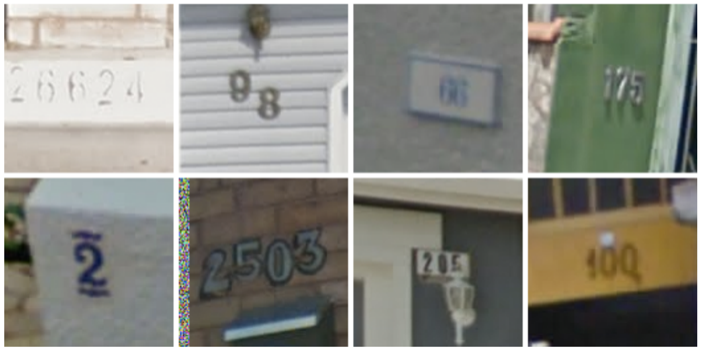Are You Human? CAPTCHA Verification Accidently Solved by Google Maps Algorithm

Google has developed a new system that is capable of solving its own CAPTCHA tests used to verify whether a visitor to a website is human or not.
The technology was developed for the purpose of reading street numbers in Google Street View in order to determine the exact location of addresses on Google Maps. The wider implications of this system however, will cause spam and abuse concerns for website owners.
Google's findings, recently published in a scientific paper, reveal that the CAPTCHAs and numbers in Street View are able to be read with 90% accuracy.

To the researchers' surprise, the algorithm was also able to decipher distorted numbers and letters presented in human verification CAPTCHA and reCAPTCHA images with over 99% accuracy.
In a blogpost detailing how the technology has helped improve the accuracy of Google Maps, the security concerns stemming from the system were outlined.
"Turns out this new algorithm can also be used to read CAPTCHA puzzles," wrote Vinay Shet, Product Manager of Google's reCAPTCHA team. "This shows that the act of typing in the answer to a distorted image should not be the only factor when it comes to determining a human versus a machine."
Shet claimed that despite the near perfect efficacy of the algorithm, new security measures put in place by Google to protect websites from bots mean that CAPTCHAs are no longer that relevant.
"We've significantly reduced our dependence on text distortions as the main differentiator between human and machine, and instead perform advanced risk analysis," Shet wrote.
"This has also allowed us to simplify both our text CAPTCHAs as well as our audio CAPTCHAs, so that getting through this security measure is easy for humans, but still keeps websites protected."
© Copyright IBTimes 2025. All rights reserved.






















